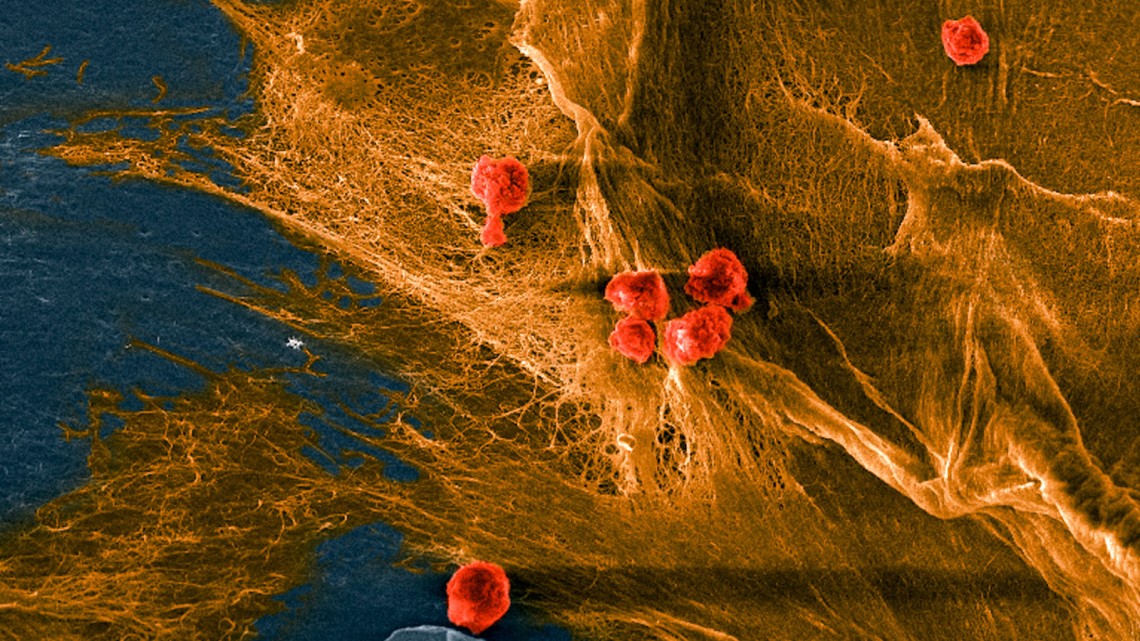Biohybrid material could replace and regrow damaged cartilage
Date: 15.7.2022
When cartilage in joints such as the knees gets damaged, it is very slow to heal – if it ever does at all. An experimental new biohybrid material could one day replace it, however, and may even promote the growth of new natural cartilage.
 One of the challenges in designing artificial cartilage lies in the fact that like its natural counterpart, the material must be malleable enough to bend with the joint, yet also tough enough to withstand the loads constantly placed upon it.
One of the challenges in designing artificial cartilage lies in the fact that like its natural counterpart, the material must be malleable enough to bend with the joint, yet also tough enough to withstand the loads constantly placed upon it.
In the past, substances made of natural polymers such as collagen, fibrin or hyaluronic acid have been put forth as replacement materials, as have purely synthetic substances. According to scientists at Cornell University, neither approach has successfully combined the two key qualities of real cartilage.
With that limitation in mind, the researchers developed a biohybrid material consisting of natural collagen fibers suspended within a synthetic hydrogel. The gel is zwitterionic, meaning that each ion within it is both positively and negatively charged.
When the hydrogel and collagen are initially mixed, the ions in the gel interact with the positively and negatively charged ions in the collagen fibers, causing the latter to self-assemble into an interconnected network like that in natural collagen. The resulting material is thus tough and resilient, yet also soft and flexible.























